Introduction
In the ever-evolving world of skincare, ancient remedies are making a remarkable comeback, and standing at the forefront of this revolution is the Reishi mushroom. Known as the "mushroom of immortality" in traditional Chinese medicine, Reishi (Ganoderma lucidum) has been revered for centuries for its extraordinary health benefits. While its internal health benefits have long been celebrated, modern research is now unveiling how this remarkable fungus can transform your skin from the outside in.
From combating premature aging to soothing inflammation and enhancing your skin's natural barrier, Reishi mushroom offers a treasure trove of benefits for skin health. Its unique composition of bioactive compounds makes it a powerhouse ingredient that skincare enthusiasts and dermatologists alike are increasingly incorporating into their routines and formulations.
In this comprehensive guide, we'll explore the science-backed benefits of Reishi mushroom for skin health, examine how it works, discuss various ways to incorporate it into your skincare routine, and provide expert insights on selecting quality Reishi products. Whether you're dealing with specific skin concerns or simply seeking to enhance your natural glow, understanding how Reishi mushroom can benefit your skin may revolutionize your approach to skincare.
Understanding Reishi Mushroom
What Is Reishi Mushroom?
Reishi mushroom (Ganoderma lucidum) is a polypore fungus that has been a cornerstone of Eastern medicine for over 2,000 years. With its distinctive kidney-shaped cap and glossy, reddish-brown surface, this mushroom grows primarily on hardwood trees, particularly maple, in humid areas of Asia, Europe, and North America.
Also known as Lingzhi in China and Mannentake in Japan, Reishi has earned various nicknames throughout history, including the "mushroom of immortality," the "divine mushroom," and the "king of herbs." These names reflect its esteemed status in traditional medicine systems, where it was reserved primarily for royalty and the elite due to its rarity and valued properties.
Unlike culinary mushrooms, Reishi is quite woody and bitter in taste, making it unsuitable for regular consumption as food. Instead, it has traditionally been prepared as teas, tinctures, and powders for medicinal purposes. In modern times, Reishi has been incorporated into supplements, extracts, and increasingly, skincare products.
Key Bioactive Compounds
Reishi mushroom's beneficial effects on skin stem from its rich composition of bioactive compounds:
-
Triterpenes: These bitter compounds, including ganoderic acids, are unique to Reishi and possess remarkable anti-inflammatory and antioxidant properties. They help reduce skin inflammation and protect against oxidative damage.
-
Beta-glucans: These complex polysaccharides support the skin's immune function and moisture retention. They can help strengthen the skin barrier and promote wound healing.
-
Peptidoglycans: These structural compounds support skin integrity and may help with collagen production, contributing to firmer, more elastic skin.
-
Polysaccharides: Beyond beta-glucans, Reishi contains various polysaccharides that support hydration and may help regulate oil production in the skin.
-
Sterols: These compounds may help maintain cell membrane integrity and support healthy skin cell function.
-
Antioxidants: Reishi contains several antioxidant compounds that combat free radical damage, one of the primary causes of premature skin aging.
These compounds work synergistically to address multiple aspects of skin health simultaneously, making Reishi a holistic skincare ingredient rather than a single-purpose solution.

Science-Backed Benefits for Skin
Anti-Aging Properties
One of the most sought-after benefits of Reishi mushroom is its ability to combat signs of premature aging:
Fights Free Radical Damage
Research published in the Journal of Ethnopharmacology has shown that Reishi's potent antioxidant properties help neutralize free radicals—unstable molecules that damage skin cells and accelerate aging. This protection helps prevent:
- Fine lines and wrinkles
- Loss of elasticity
- Uneven skin tone
- Age spots
Supports Collagen Maintenance
The triterpenes and peptides in Reishi may help:
- Inhibit matrix metalloproteinases (MMPs), enzymes that break down collagen
- Support the skin's natural collagen production
- Maintain skin firmness and elasticity
A 2020 laboratory study in the International Journal of Molecular Sciences demonstrated that Reishi extract helped protect skin fibroblasts (cells that produce collagen) from damage and supported their normal function.
Anti-Inflammatory Effects
Inflammation is at the root of many skin concerns, from acne to rosacea and eczema. Reishi's powerful anti-inflammatory properties make it particularly valuable for:
Calming Irritated Skin
The ganoderic acids in Reishi have been shown to inhibit inflammatory pathways, helping to:
- Reduce redness and irritation
- Soothe reactive skin
- Mitigate inflammatory skin conditions
Treating Inflammatory Skin Conditions
Research in Phytotherapy Research indicates that Reishi's anti-inflammatory compounds may help manage conditions like:
- Acne
- Eczema
- Psoriasis
- Rosacea
By modulating the skin's inflammatory response rather than simply suppressing it, Reishi offers a balanced approach to inflammatory skin concerns.
Hydration and Barrier Function
Healthy skin requires proper hydration and a strong barrier function—areas where Reishi mushroom excels:
Enhanced Moisture Retention
The beta-glucans in Reishi act as natural humectants that:
- Draw moisture into the skin
- Help skin retain hydration
- Provide a plumping effect that diminishes the appearance of fine lines
Strengthened Skin Barrier
Reishi supports the skin's protective barrier by:
- Encouraging ceramide production
- Supporting the lipid matrix between skin cells
- Protecting against trans-epidermal water loss (TEWL)
A 2018 study in the International Journal of Cosmetic Science found that Reishi extract helped improve skin barrier function and hydration in human skin samples, suggesting its potential as a protective ingredient in skincare formulations.
Brightening and Evening Skin Tone
Reishi mushroom offers benefits for those seeking a more radiant, even complexion:
Inhibition of Melanin Production
Some compounds in Reishi may help regulate melanin production by:
- Inhibiting tyrosinase, a key enzyme in melanin synthesis
- Helping fade dark spots and hyperpigmentation
- Supporting a more even skin tone
Microcirculation Support
The triterpenes in Reishi may promote:
- Improved blood flow to the skin
- Enhanced oxygen delivery to skin cells
- A natural, healthy glow
While more research is needed in this area, preliminary studies suggest that Reishi's ability to support healthy blood flow may contribute to a brighter, more radiant complexion.
How to Use Reishi for Skin Health
Topical Applications
Incorporating Reishi mushroom into your skincare routine through topical applications offers direct benefits:
Skincare Products Containing Reishi
Look for these formulations for specific concerns:
- Serums: Concentrated Reishi extracts in serums provide potent anti-aging and brightening benefits
- Moisturizers: Reishi-infused moisturizers help hydrate while strengthening the skin barrier
- Masks: Treatment masks with Reishi can deliver intensive anti-inflammatory and hydrating effects
- Toners: Reishi toners can help balance the skin and prepare it to absorb subsequent products
DIY Reishi Skincare Preparations
For those who enjoy creating their own skincare products:
Simple Reishi Face Mask
- 1 tablespoon Reishi powder
- 1 tablespoon honey (preferably raw)
- 1 teaspoon plain yogurt
Mix ingredients to form a paste. Apply to clean skin, leave for 15-20 minutes, then rinse with warm water.
Reishi Facial Toner
- 2 teaspoons Reishi mushroom extract
- 4 oz distilled water
- 1 teaspoon vegetable glycerin
- 5 drops lavender essential oil (optional)
Combine ingredients in a sterilized glass bottle. Apply with a cotton pad after cleansing.
Internal Consumption
Supporting skin health from within is an important complement to topical applications:
Supplements and Extracts
Available forms include:
- Capsules: Typically containing 500-1000mg of Reishi extract
- Powders: Can be added to smoothies, coffee, or tea
- Tinctures: Liquid extracts that can be added to water or taken directly
For skin health, experts often recommend:
- Starting with 500mg daily and gradually increasing
- Taking consistently for at least 4-6 weeks to see results
- Choosing products standardized for triterpene or polysaccharide content
Reishi Teas and Broths
Traditional methods of consumption include:
Basic Reishi Tea
- 3-5 grams dried Reishi slices or powder
- 4 cups water
- Optional: honey, lemon, or cinnamon to taste
Simmer for 30-45 minutes (slices) or 15-20 minutes (powder), strain, and enjoy 1-2 cups daily.
Skin-Supporting Reishi Broth
- 10 grams dried Reishi
- 2 liters water
- 1 small piece ginger
- 3-4 shiitake mushrooms (optional for enhanced benefits)
- 1 small piece kombu seaweed (for minerals)
Simmer all ingredients for 2-3 hours, strain, and consume as a warming broth.
Consistency and Patience
When using Reishi for skin benefits, remember:
- Results typically appear gradually, over weeks rather than days
- Consistency is key—both topical and internal use work best with regular application
- Individual results vary based on skin type, concerns, and overall health
- Combining topical and internal approaches often yields the most noticeable improvements

Choosing Quality Reishi Products
What to Look For in Skincare Products
When selecting Reishi-infused skincare, consider these factors:
Extract Quality
The effectiveness of Reishi in skincare depends largely on:
- Extract type: Look for "dual-extracted" or "full-spectrum" Reishi, which contains both water-soluble and fat-soluble compounds
- Concentration: Higher percentages of Reishi extract typically deliver better results
- Standardization: Products standardized for triterpene content often provide more reliable benefits
Complementary Ingredients
Reishi works well alongside:
- Hyaluronic acid: Enhances Reishi's hydrating properties
- Vitamin C: Complements Reishi's antioxidant effects
- Niacinamide: Works synergistically for barrier repair and brightening
- Other adaptogenic herbs: Ingredients like ashwagandha or ginseng can complement Reishi's stress-protective benefits
Formulation Considerations
For optimal results:
- pH-balanced formulations: Ensure proper absorption and effectiveness
- Airless pumps or opaque packaging: Protect active compounds from degradation
- Clean formulations: Avoid potential irritants that could counteract Reishi's beneficial effects
Supplement Selection Guidelines
If taking Reishi internally for skin benefits:
Quality Markers
Look for products that:
- Use fruiting bodies rather than mycelium (the fruiting body contains higher concentrations of beneficial compounds)
- Specify the extraction method (hot water, alcohol, or dual extraction)
- Provide information on beta-glucan or triterpene content
- Use organic or wildcrafted mushrooms when possible
Third-Party Testing
Quality supplements often have:
- Certificates of analysis available upon request
- Testing for heavy metals and contaminants
- Verification of active compound levels
Reputable Manufacturers
Choose companies that:
- Specialize in mushroom products
- Have transparent sourcing and production methods
- Provide clear dosage guidelines
Combining Reishi with Other Skincare Ingredients
Beneficial Combinations
Reishi mushroom can be even more effective when paired with complementary ingredients:
For Anti-Aging
Combine Reishi with:
- Retinol: While Reishi calms inflammation, retinol accelerates cell turnover
- Peptides: Work synergistically with Reishi to support collagen production
- Coenzyme Q10: Enhances Reishi's antioxidant protection
For Hydration and Barrier Repair
Pair Reishi with:
- Ceramides: Reinforce Reishi's barrier-strengthening properties
- Squalane: Provides lightweight moisture that complements Reishi's hydrating effects
- Panthenol (Pro-Vitamin B5): Enhances skin's moisture retention and healing
For Brightening and Even Tone
Effective combinations include:
- Vitamin C: Works synergistically with Reishi for antioxidant protection and brightening
- Alpha arbutin: Complements Reishi's tyrosinase-inhibiting properties
- Licorice extract: Another botanical brightener that works well with Reishi
Ingredients to Avoid
While Reishi is generally compatible with most skincare ingredients, consider avoiding:
- High concentrations of exfoliating acids: May counteract Reishi's soothing benefits if used simultaneously
- Potentially irritating ingredients: Such as synthetic fragrances or high concentrations of essential oils
- Oxidized ingredients: Unstable formulations may reduce the effectiveness of Reishi's antioxidant properties
Potential Side Effects and Considerations
Skin Reactions
While Reishi is generally well-tolerated in skincare, be aware of:
Possible Allergic Reactions
As with any ingredient:
- Perform a patch test before full application
- Discontinue use if redness, itching, or irritation occurs
- Those with mushroom allergies should avoid Reishi-containing products
Sensitivity Considerations
Certain skin types may need to use caution:
- Very sensitive skin may react to botanical ingredients including Reishi
- Rosacea-prone skin should introduce Reishi products gradually
- Those with fungal acne should consult a dermatologist before using mushroom-derived products
Internal Use Precautions
If consuming Reishi supplements for skin benefits:
General Safety
Reishi is generally recognized as safe for most people when taken appropriately, but:
- Start with lower doses and gradually increase
- Take breaks periodically (such as 5 days on, 2 days off)
- Consider cycling use (3 months on, 1 month off) for long-term use
Special Populations
Exercise caution if you:
- Are pregnant or breastfeeding (insufficient safety data)
- Have a bleeding disorder or are taking blood thinners (Reishi may have mild anticoagulant effects)
- Are taking immunosuppressive medications
- Have a surgery scheduled (discontinue use at least 2 weeks before)
Consultation Recommendation
Always consult a healthcare provider before beginning Reishi supplementation, especially if you:
- Have existing health conditions
- Take medications regularly
- Are preparing for any medical procedures
Real-World Results and Expectations
Typical Timeframes for Results
When using Reishi for skin benefits, understanding realistic timelines helps manage expectations:
Topical Application Results
- Immediate effects: Hydration, mild redness reduction (within hours)
- Short-term benefits: Improved moisture retention, reduced irritation (1-2 weeks)
- Long-term results: Brightening, texture improvement, fine line reduction (4-8 weeks or longer)
Internal Consumption Timeline
- Initial changes: Subtle improvements in overall skin appearance (2-3 weeks)
- Significant results: More noticeable effects on skin resilience and glow (1-3 months)
- Cumulative benefits: Enhanced results with consistent long-term use (3+ months)
Before and After: What to Expect
Based on research and user experiences, realistic expectations include:
For Mature or Damaged Skin
- Improved hydration and plumpness
- Gradual softening of fine lines
- Enhanced resilience to environmental stressors
- More even tone and reduced age spots (with consistent use)
For Inflammatory Conditions
- Reduced redness and irritation
- Less reactivity to triggers
- Improved comfort and reduced itching
- More balanced skin appearance
For Dull or Uneven Complexions
- Gradual brightening effect
- More consistent tone
- Reduced appearance of dark spots
- Enhanced natural glow
Frequently Asked Questions
Is Reishi Mushroom Good for All Skin Types?
Reishi mushroom offers benefits for most skin types, but with some considerations:
- Dry skin: Highly beneficial due to Reishi's hydrating and barrier-strengthening properties
- Sensitive skin: Generally well-tolerated, but patch testing is recommended
- Oily/combination skin: Can help balance oil production and reduce inflammation
- Mature skin: Particularly beneficial for its antioxidant and collagen-supporting effects
- Acne-prone skin: May help reduce inflammation, but those with fungal acne should consult a dermatologist
The adaptogenic nature of Reishi helps it address different concerns across skin types, but individual responses may vary.
Can I Use Reishi If I Have a Mushroom Allergy?
If you have a known mushroom allergy:
- Topical use: Avoid Reishi-containing skincare products, as allergic reactions can occur even with topical application
- Internal consumption: Strictly avoid Reishi supplements, teas, or foods containing Reishi
Even if you're only allergic to certain edible mushrooms, cross-reactivity is possible, so it's safest to avoid Reishi completely if you have any mushroom allergies. Consult with an allergist if you're uncertain about your specific allergens.
How Does Reishi Compare to Other Mushrooms for Skin?
While several mushrooms offer skin benefits, Reishi has some distinctive advantages:
- Reishi vs. Shiitake: While shiitake contains kojic acid that helps with brightening, Reishi offers more comprehensive anti-inflammatory and barrier support
- Reishi vs. Tremella: Tremella excels at hydration, while Reishi provides broader antioxidant and anti-aging benefits
- Reishi vs. Chaga: Chaga has powerful antioxidant properties, but Reishi offers more balanced benefits across multiple skin concerns
- Reishi vs. Snow Mushroom: Snow mushroom provides excellent hydration, while Reishi offers additional anti-inflammatory and barrier-strengthening benefits
Many skincare formulations combine multiple mushroom extracts to harness their complementary benefits.
Can Reishi Help with Specific Skin Conditions?
Research and clinical experience suggest Reishi may help with several skin conditions:
- Eczema/Dermatitis: The anti-inflammatory and barrier-supporting properties may help reduce flares and improve comfort
- Rosacea: Reishi's ability to reduce inflammation and strengthen capillaries may help minimize redness
- Psoriasis: Early research suggests Reishi's immunomodulating properties might help regulate the overactive immune response in psoriatic skin
- Acne: Anti-inflammatory compounds may help reduce redness and irritation associated with acne
- Hyperpigmentation: Gentle brightening properties may help fade dark spots over time
While promising, Reishi should be considered a complementary approach rather than a replacement for medical treatment for diagnosed skin conditions.
Conclusion
Reishi mushroom represents a fascinating intersection of ancient wisdom and modern skincare science. Its remarkable composition of bioactive compounds offers a holistic approach to skin health—addressing inflammation, oxidative damage, barrier function, and hydration simultaneously. Whether applied topically or consumed internally, Reishi provides benefits that go beyond surface-level improvements to support fundamental skin health.
The growing body of scientific research supporting Reishi's benefits for skin continues to validate what traditional medicine has known for centuries: this remarkable fungus offers powerful therapeutic potential. As more dermatologists and skincare formulators incorporate Reishi into their recommendations and products, it's becoming easier for consumers to access its benefits through well-formulated skincare products and quality supplements.
When introducing Reishi into your skincare routine, remember that consistency and patience are key. The most impressive results typically emerge with regular use over time, as Reishi works to strengthen, balance, and rejuvenate the skin at multiple levels. By understanding how to select quality Reishi products and how to incorporate them effectively into your regimen, you can harness the full potential of this extraordinary adaptogenic mushroom for healthier, more radiant skin.
Whether you're seeking to address specific skin concerns or simply enhance your skin's natural vitality, Reishi mushroom offers a time-tested, increasingly science-backed approach that elegantly bridges traditional wisdom and contemporary skincare innovation.

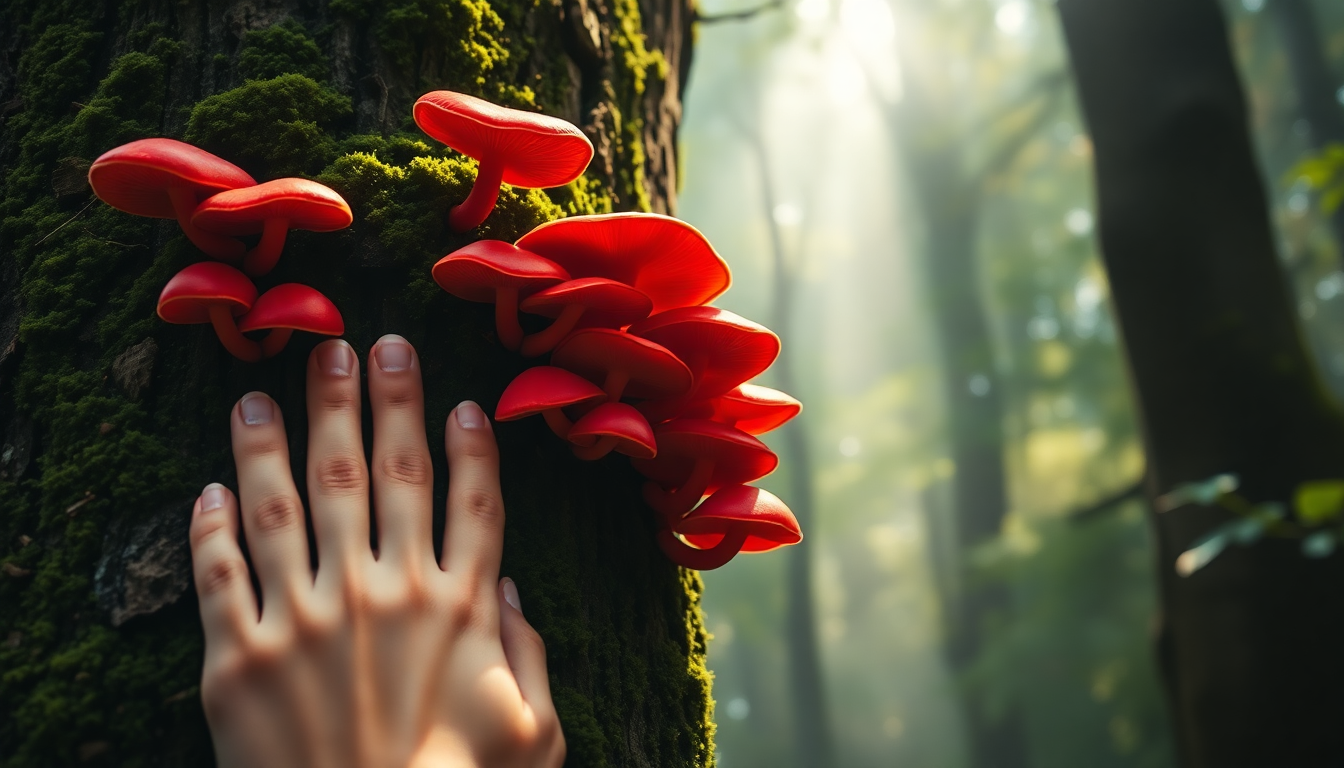



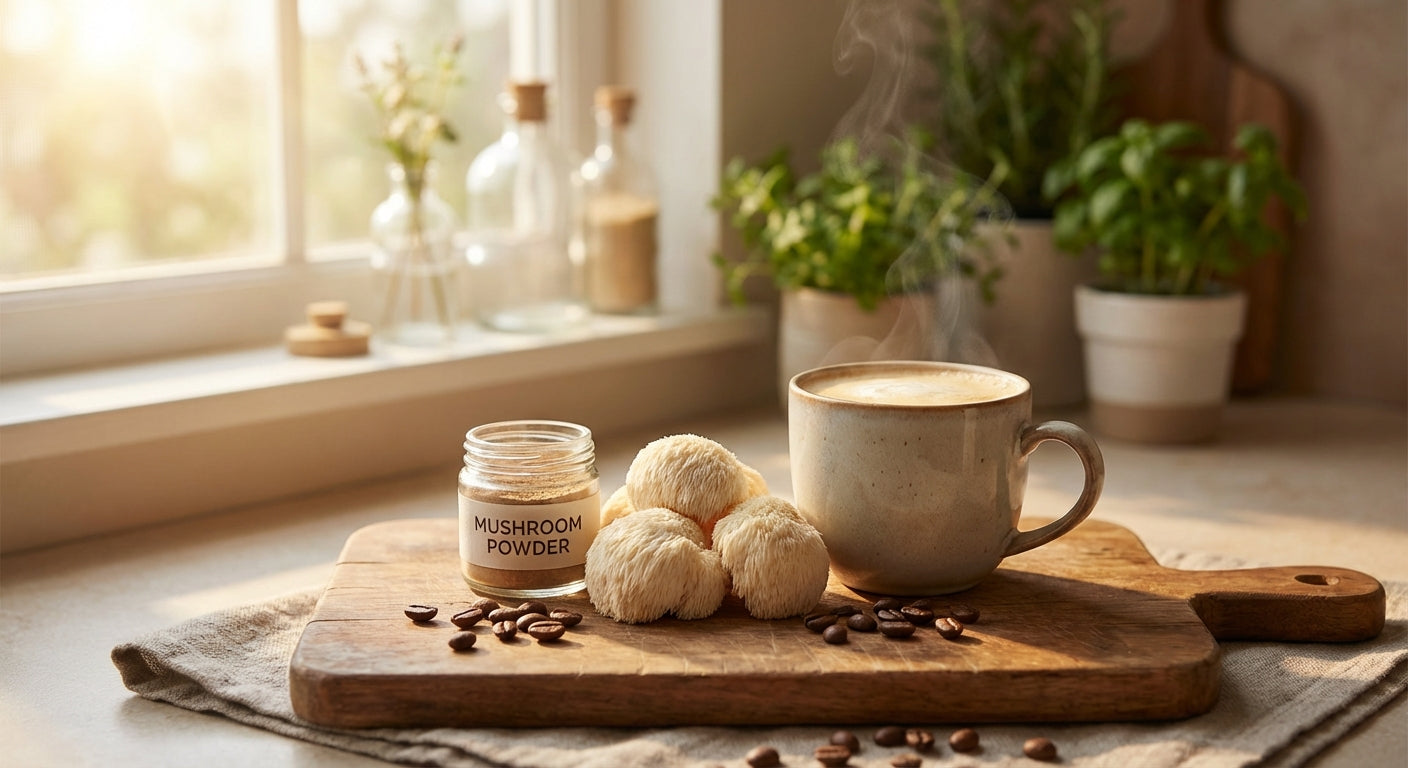
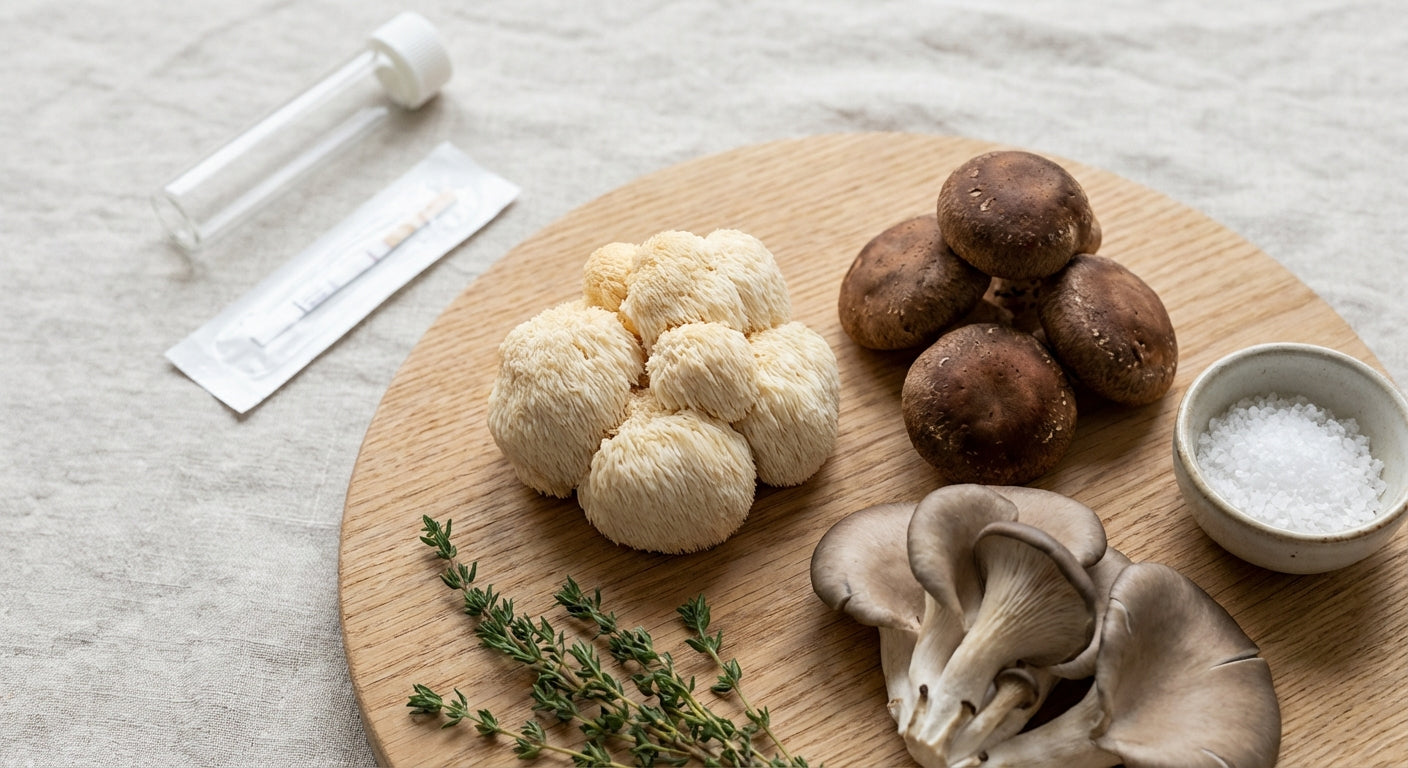
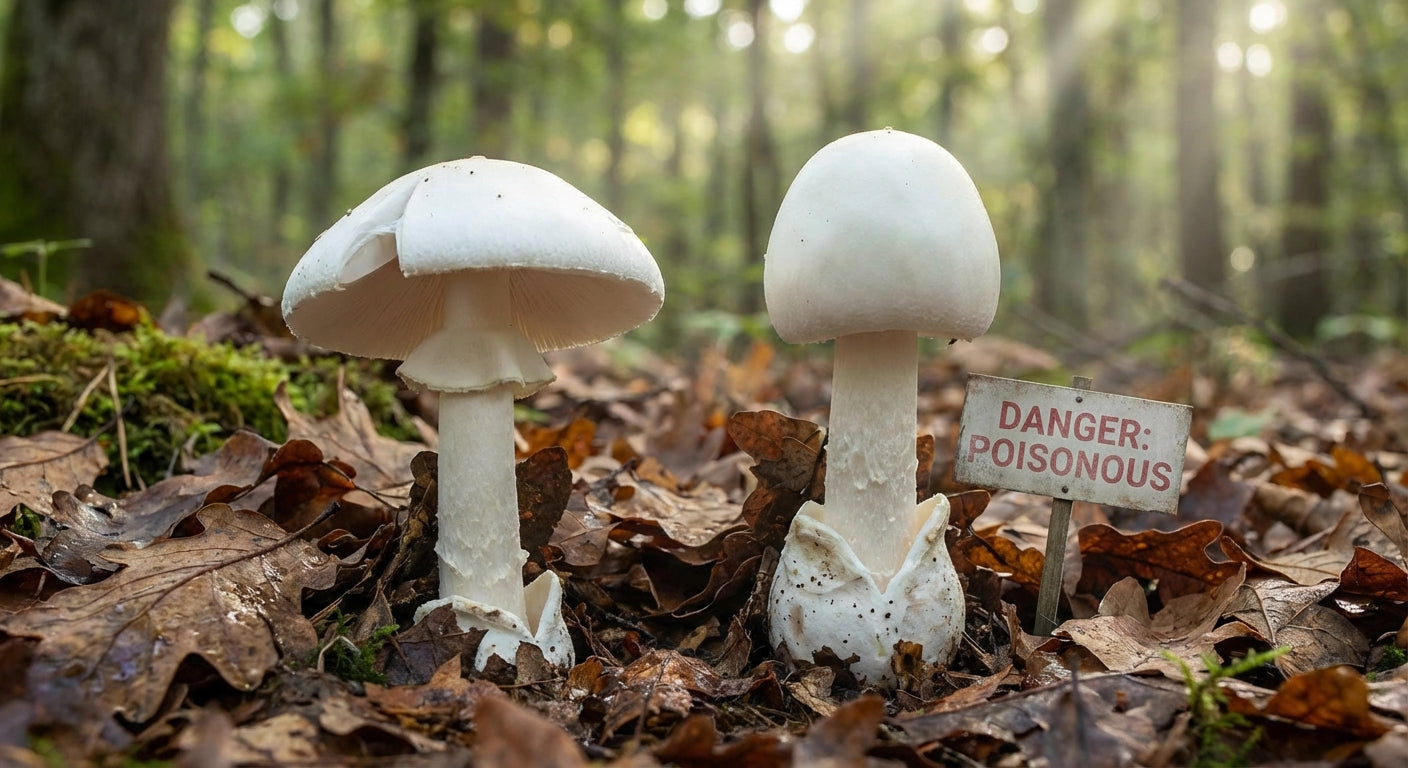


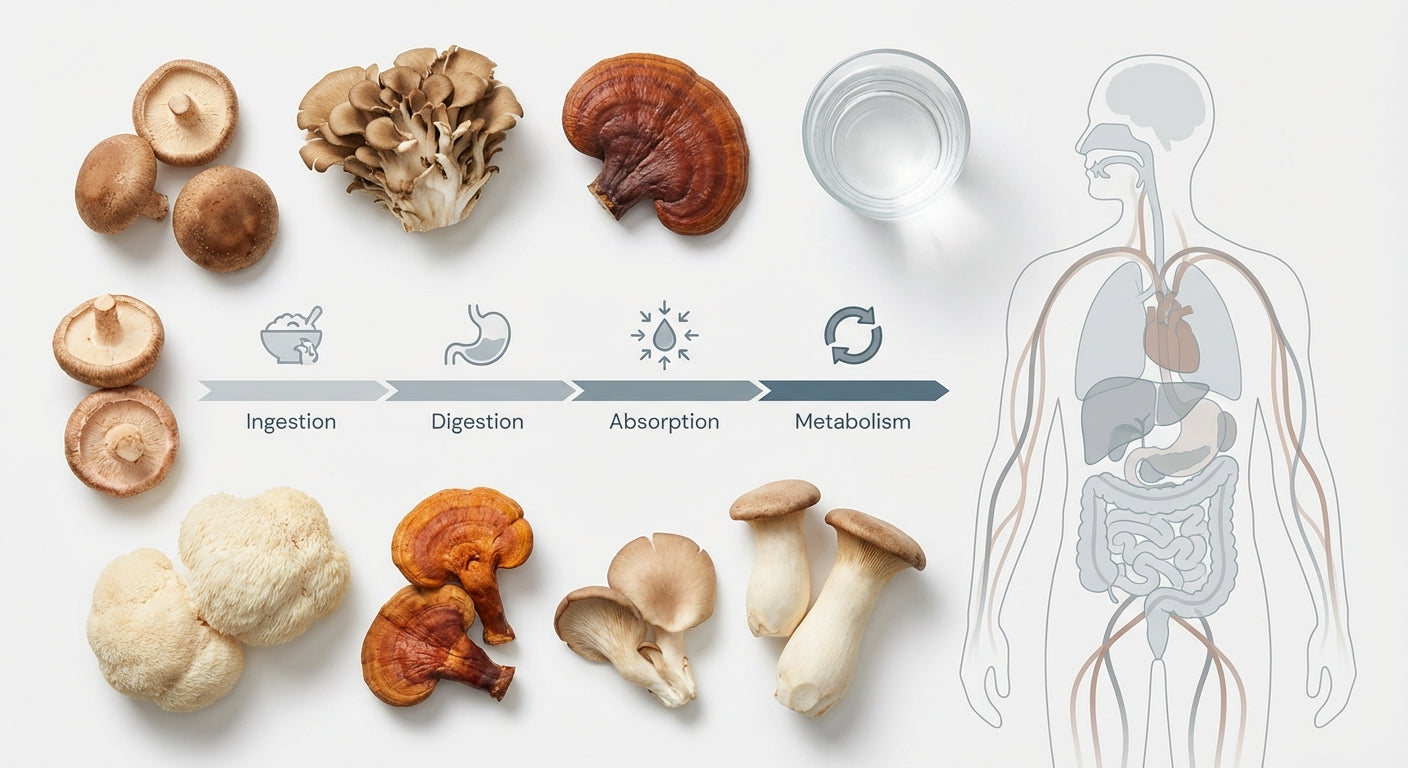

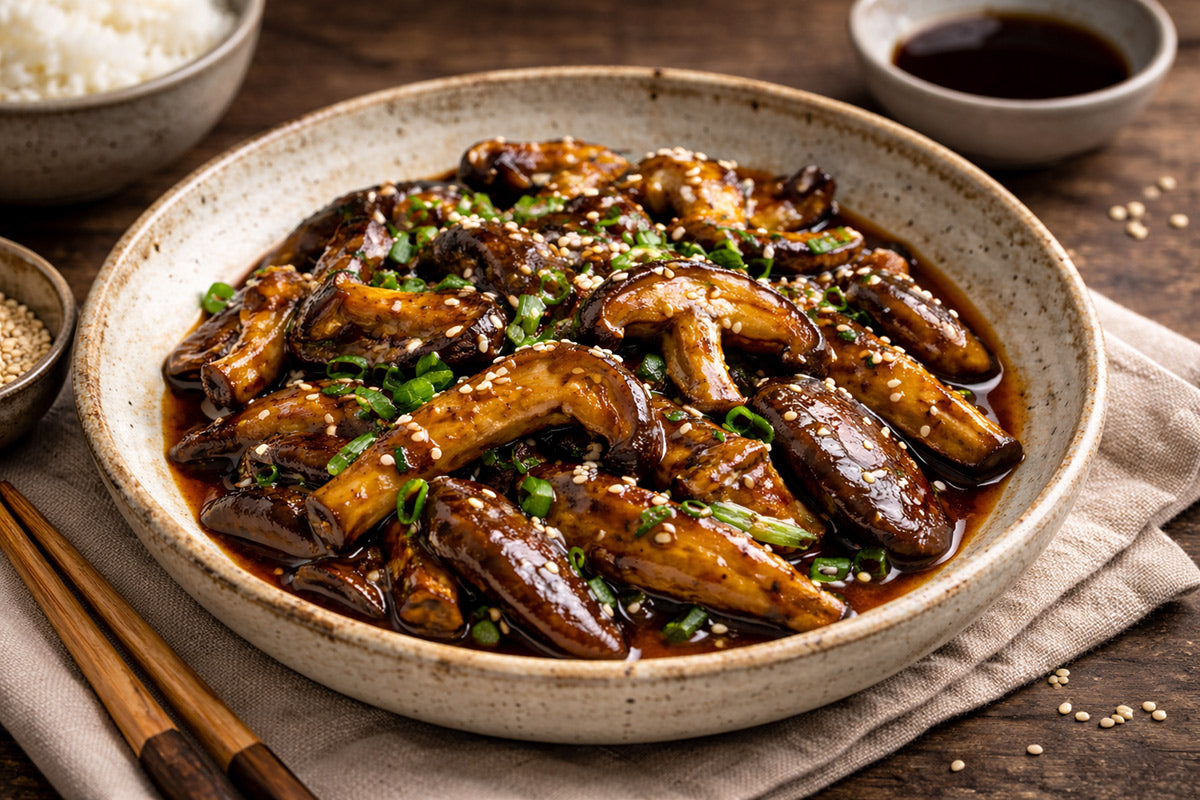
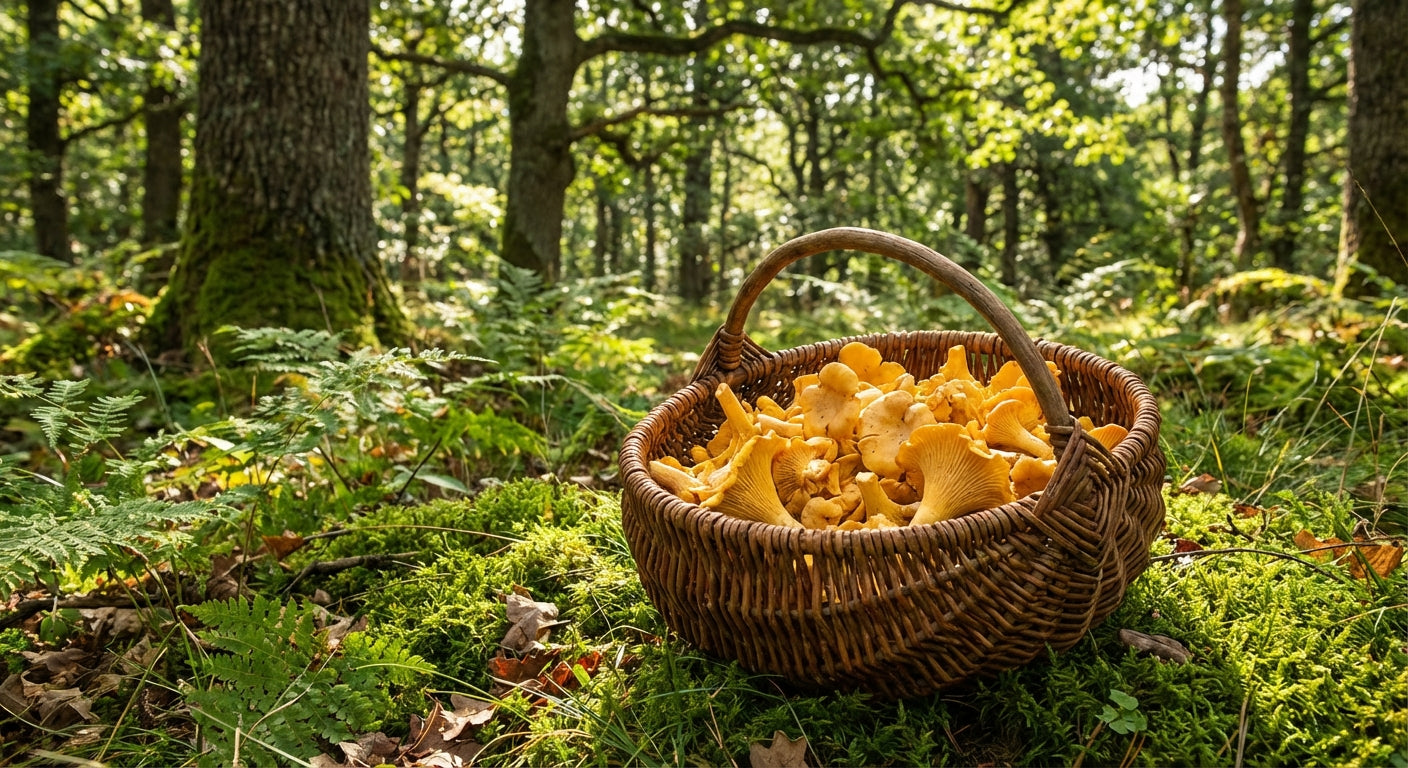
Share:
Reishi Mushroom Coffee: Brew Your Health Boost
Reishi Mushroom Tincture: Unveiling Nature’s Healing Elixir